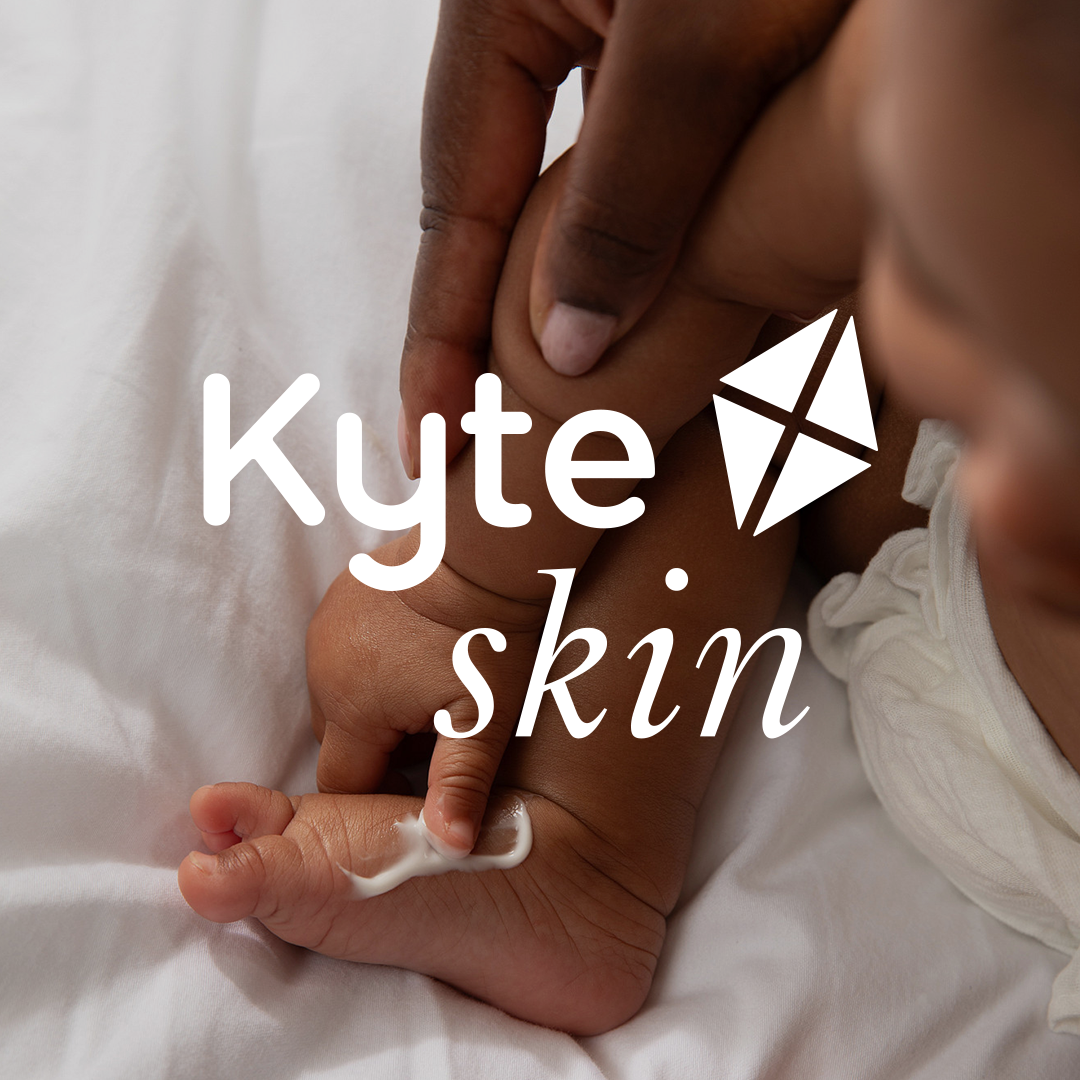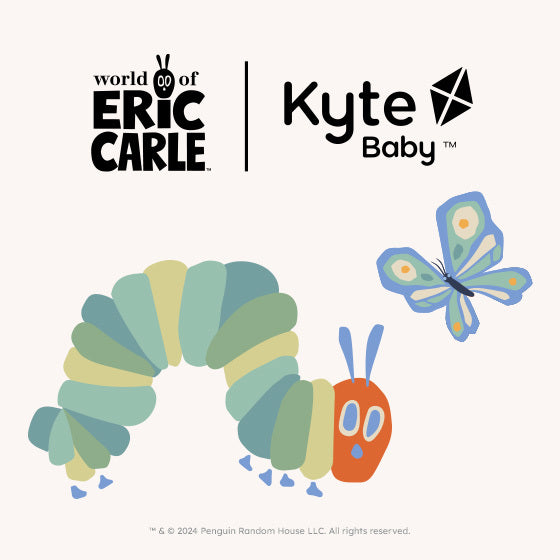There’s good news- baby sleep regressions are temporary! But, how do you survive them!? We will talk about every sleep regression your baby may experience and how to survive them in the meantime without going crazy from sleep deprivation.
What is a Baby Sleep Regression?
First, let’s define what a sleep regression is. This is a period of time (usually 1-4 weeks) where your baby starts to wake more often at night or goes on an anti-nap strike. This will cause most parents to panic, but know that it is (or should be) temporary!What Are the Sleep Regression Ages ?
 Here are the most common chart of sleep regression in babies (and we will discuss each one in detail):
Here are the most common chart of sleep regression in babies (and we will discuss each one in detail):
- 6 week sleep regression
- 4 month sleep regression
- 8 month sleep regression
- 12 month sleep regression
- 18 month sleep regression
- 2 year sleep regression
6 Week Sleep Regression
This sleep regression is not one parents think of usually (probably because baby is still a newborn and sleep is all over the place anyway). However, it’s important to understand what is happening around the 6 to 8 week mark for your infant to know why a regression is possible. All of that stimulation can make them overtired and overstimulated. It won’t last forever, though! The growth spurt only lasts a few days and the peak fussiness will last a week or two. Just get through this time by feeding on demand, being mindful of awake times (around 45 minutes including feeding), and using your calming tools in the evening hours when they’re just done with the day. These strategies will help get baby to sleep through the night. Some ideas to deal with 6 month sleep regression phase:
All of that stimulation can make them overtired and overstimulated. It won’t last forever, though! The growth spurt only lasts a few days and the peak fussiness will last a week or two. Just get through this time by feeding on demand, being mindful of awake times (around 45 minutes including feeding), and using your calming tools in the evening hours when they’re just done with the day. These strategies will help get baby to sleep through the night. Some ideas to deal with 6 month sleep regression phase:
- Go into a dark room with loud white noise
- Babywearing
- Go on a walk outside
- Take a bath with your baby
- The 5 S’s by Dr. Harvey Karp
4 Month Sleep Regression
 If I were to poll parents, this would probably be the most dreaded of all sleep regressions! This is generally because after the 6 week regression, sleep becomes more stable and some babies even begin sleeping through the night around 8-12 weeks of age. Parents get spoiled with that great sleep and then as soon as it happens, it is over! So why does that happen, exactly? The 4 month sleep regression is due to 3 major factors:
If I were to poll parents, this would probably be the most dreaded of all sleep regressions! This is generally because after the 6 week regression, sleep becomes more stable and some babies even begin sleeping through the night around 8-12 weeks of age. Parents get spoiled with that great sleep and then as soon as it happens, it is over! So why does that happen, exactly? The 4 month sleep regression is due to 3 major factors:
- Their sleep patterns change and mature
- Rolling
- 4-3 nap transition
- Babies do not have the same muscle paralysis as adults do that keep us from acting out our dreams. This means if they’re dreaming about it (and they are), then they will practice this skill in their sleep and wake up in a new or different position. This is incredibly disorienting to them!
- Developmental skills are integrated during deep sleep. This is why they are dreaming about it! Their brain is just working extra hard during this time while they master a new skill.
4 Month Sleep Regression Tips:
- Slowly break those sleep associations and allow your baby to put themselves to sleep at bedtime
- Try a sleep bag to build a positive sleep association. Make sure to choose the right sleep sack for your climate.
- Make sure baby’s sleep environment is as dark as a cave (this is because they are way more aware of their surroundings and anything they can see will distract them from sleep)
- Use a white noise machine to minimize environmental distractions
- Maintain a good routine around sleep
- Consider an earlier bedtime, especially if naps are short (extra naps add extra awake time and make them more overtired, not less!)
- Make sure you’re getting in enough daytime feedings as growth spurts often happen around regressions
- Ask for help, take shifts, or hire a sleep consultant to help get you back on track!
The 8 Month Sleep Regression
- Physical milestones (crawling, sitting)
- Mental development (object permanence, separation anxiety)
- 3-2 nap transition (if you haven’t already)
The 8 month Sleep Regression Tips:
- Don’t assume that because they’re not sleeping well at this age that it is just because of the regression; make sure any sleep associations aren’t creating extra challenges
- Consistency with your routines brings calm to their chaos
- Provide extra snuggles and attention at bedtime and naptime (consider a fading approach to sleep training as opposed to methods like Ferber or extinction)
- Check in with your sleep environment and make sure it’s conducive to sleep
- All the practice during the day with physical milestones
- Keep bedtime on the early side, especially if you are dropping the afternoon cat nap
- Try to avoid old habits that you may have already broken (remember, this is a temporary phase, but the habits will still be there!)
- Try not to stress too much (your baby can sense this)
12 Month Sleep Regression

This sleep regression primarily affects naps and most parents take that as a sign to transition to 1 nap. Unfortunately, this can be too soon for the majority of babies and sleep ends up getting worse instead of better! It’s also not really a common regression, some kids will breeze right over it. If you’re in the trenches though, keep reading!
- They’re more aware! They are way more interested in playing than they are sleeping. This is what leads to boycotting naps.
- Walking (and talking); they may just be figuring out how to stand or taking a few steps independently but they’re also adding a lot of words to their vocabulary. With so many skills to practice, sleep moves lower on the priority list.
- They just don’t need as much sleep as they used to. However, this doesn’t mean drop the nap completely! First, you will want to encourage a lot of day time play! They are so eager to practice new skills.
Try to avoid being in the car or stroller for long periods of time. This can make them restless and store up a lot of energy which means they’re not motivated to nap and will want to practice their skills instead. Again- don’t drop the nap yet! Only ~17% of 12 month old babies are ready for the one nap transition. The majority of kids will hang on to that nap until they’re 14/15 months old (or more).
Try to stick to your normal schedule, even if that means they only have two thirty minute naps. Play around with the awake time before naps and see if an extra fifteen minutes helps them accept the nap. Remember, sleep needs are dropping so they may not need as much sleep as we are asking from them.
At the risk of repeating myself, try to avoid sleep crutches. Sleep regressions are temporary, but habits catch on lightning fast and will be there when the regression is over. If your little one becomes dependent on you to fall asleep, then he will probably need you to intervene when he wakes up. That could be a lot of night wakings or short naps.We always want to provide extra comfort and reassurance without doing all of the work for them.
We know that night time wake ups are frustrating and automatic reaction is to do whatever it takes to get everyone back to sleep! But it is important to consider the long term effects of habits. This is when most families utilize their sleep training plan to get through the regression. Definitely do what feels right for you as a parent!
Being consistent is also a huge factor in getting through a baby sleep regression quickly. It is tempting to change all the things in your routine in order to get more sleep, however that just adds more chaos to their world. Sticking as closely to your normal routine as you can is what will get you through the sleep regression (at any age). Babies thrive on routines so they know what to expect. Try to stick to the same general sequence of events.While sleep regressions are hard on us as parents, it is equally hard on your little one. Especially if they’re overtired! Remember to give lots of extra snuggles and comfort, but also utilize an early bedtime when needed!
18 Month Sleep Regression
Every sleep regression can be linked to some sort of mental or physical development, it seems. This one is no different! A lot is happening around 18 months.
- Possibly getting molars (this should not wreck sleep completely, but can exacerbate the problem)
- Going through more separation anxiety
- Gaining a lot of independence
- Their language is really taking off
This one can feel like the most difficult regression because there’s a new aspect involved… discipline. The earlier baby sleep regressions didn’t have to address independence-seeking behaviors. Your sweet little baby may now start throwing (epic) tantrums and other challenging behaviors that are new to both of you! This can lead to a lot of stress and exhaustion for you. So add together the fact that they’re not sleeping with difficult behaviors and it will seem basically impossible because we know extra tired toddlers do not make life easy! This may look like:
- Nap refusals (they’ve learned they have a choice in whether they sleep or not)
- Difficulty going to bed (again with choosing to sleep or not, but also separation anxiety)
- Night wakings (teething, growth spurt, overtired)
If you’ve previously used sleep coaching to help your child with their sleep habits, then it is totally fine to use those same coaching methods to help you get through this regression!
Tips to Survive That 18 Month Sleep Regression
- Spend extra one on one time together during the bedtime routine. Don’t go wild, but add in an extra book or two for some quiet, relaxing time together.
- Consider introducing a lovey and snuggle it together before bed.
- Shift bedtime around! If your child refused their nap that day, they’ll need to go to bed about 30-60 minutes earlier than normal. If they napped extra long, consider putting them to bed 30 minutes later.
- Check yourself and how you react to their tantrums/demands/limit testing. The more you react (or overreact), the more you reinforce their behaviors. Try to stay calm, confident, and reassuring.
- Remember to set limits and enforce the boundaries. If you don’t want your child sleeping in your bed, try not to resort to it out of desperation unless you’re committed to breaking that habit in the future. You can stay firm with them sleeping in their own space. Acknowledge their feelings, support them and stay present without having to bring them to your bed.
- Keep offering the nap!
2 Year Sleep Regression
 So if you’ve made it this far, you can probably assume what this regression looks like and the general reason it’s happening! Your 2 year old may suddenly:
So if you’ve made it this far, you can probably assume what this regression looks like and the general reason it’s happening! Your 2 year old may suddenly:
- Refuse naps
- Have difficulty falling asleep
- Wake early in the morning
- Wake during the night again
Here’s why it’s happening:
- Separation anxiety peaks (again, I know…)
- Fear of missing out (FOMO!)
- Fears (bad dreams, etc)
- “No” becomes their favorite word
- Sleep needs change
- More teething
- Transitioning to a toddler bed too early
- Potty training could begin
- New sibling
As you can see, there is a lot going on for a little 2 year old! It can seem like a lot is changing at one time for them.All the resistance to sleep will also make them really overtired. We need to be mindful of that and 1) don’t drop the nap but also 2) put them to bed early if needed. So what’s a parent to do during this baby sleep regression?!
- Consistent bedtime routine but consider introducing a visual chart for added responsibility.
- Give choices in the routine (which pajamas do you want to wear? Which book do you want to read?)
- Stick to the boundaries. If you say one book, stick with one book. Or else stalling will be their new favorite thing at bedtime!
- Keep the nap! Now is not the time to drop it. Keep offering it even if they refuse it. The majority of toddlers will return to napping.
- Empathize with your toddler’s fears. A night light is okay if they’re requesting it!
- Keep your child in a crib as long as possible. Nothing is worse than a toddler on a sleep strike who has more freedom than they know what to do with!
- Create a plan for how to respond to those night wakings and stay the course.
You can see that a lot of the baby sleep regressions are similar and most are due to physical development, learning something new, and changing sleep needs. The most important things are to be consistent, formulate a response and plan for responding to extra wake ups, and be mindful of any habits you begin during a sleep regression because they will be there when the regression is over!
Author: Ashley Olson is a certified pediatric sleep consultant, owner of Heaven Sent Sleep, and passionate about helping new parents, experienced parents, desperate and sleep deprived parents form healthy sleep habits for their children.
She has over 3 years of experience in working with families and has completed over 150 hours of coursework plus continuing education related to infant and toddler sleep. The focus of her work is on fostering a routine that grows your bond with your child while improving their sleep habits. She specializes in custom sleep plans and one on one support in changing sleep practices!























